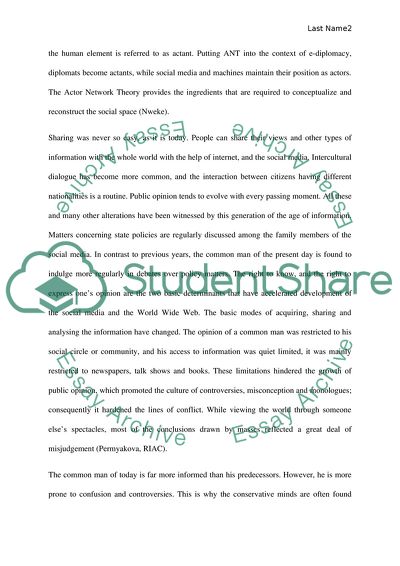Cite this document
(Diplomatic Processes via the Internet Article Example | Topics and Well Written Essays - 2500 words, n.d.)
Diplomatic Processes via the Internet Article Example | Topics and Well Written Essays - 2500 words. https://studentshare.org/politics/1835140-digital-diplomacy
Diplomatic Processes via the Internet Article Example | Topics and Well Written Essays - 2500 words. https://studentshare.org/politics/1835140-digital-diplomacy
(Diplomatic Processes via the Internet Article Example | Topics and Well Written Essays - 2500 Words)
Diplomatic Processes via the Internet Article Example | Topics and Well Written Essays - 2500 Words. https://studentshare.org/politics/1835140-digital-diplomacy.
Diplomatic Processes via the Internet Article Example | Topics and Well Written Essays - 2500 Words. https://studentshare.org/politics/1835140-digital-diplomacy.
“Diplomatic Processes via the Internet Article Example | Topics and Well Written Essays - 2500 Words”. https://studentshare.org/politics/1835140-digital-diplomacy.


